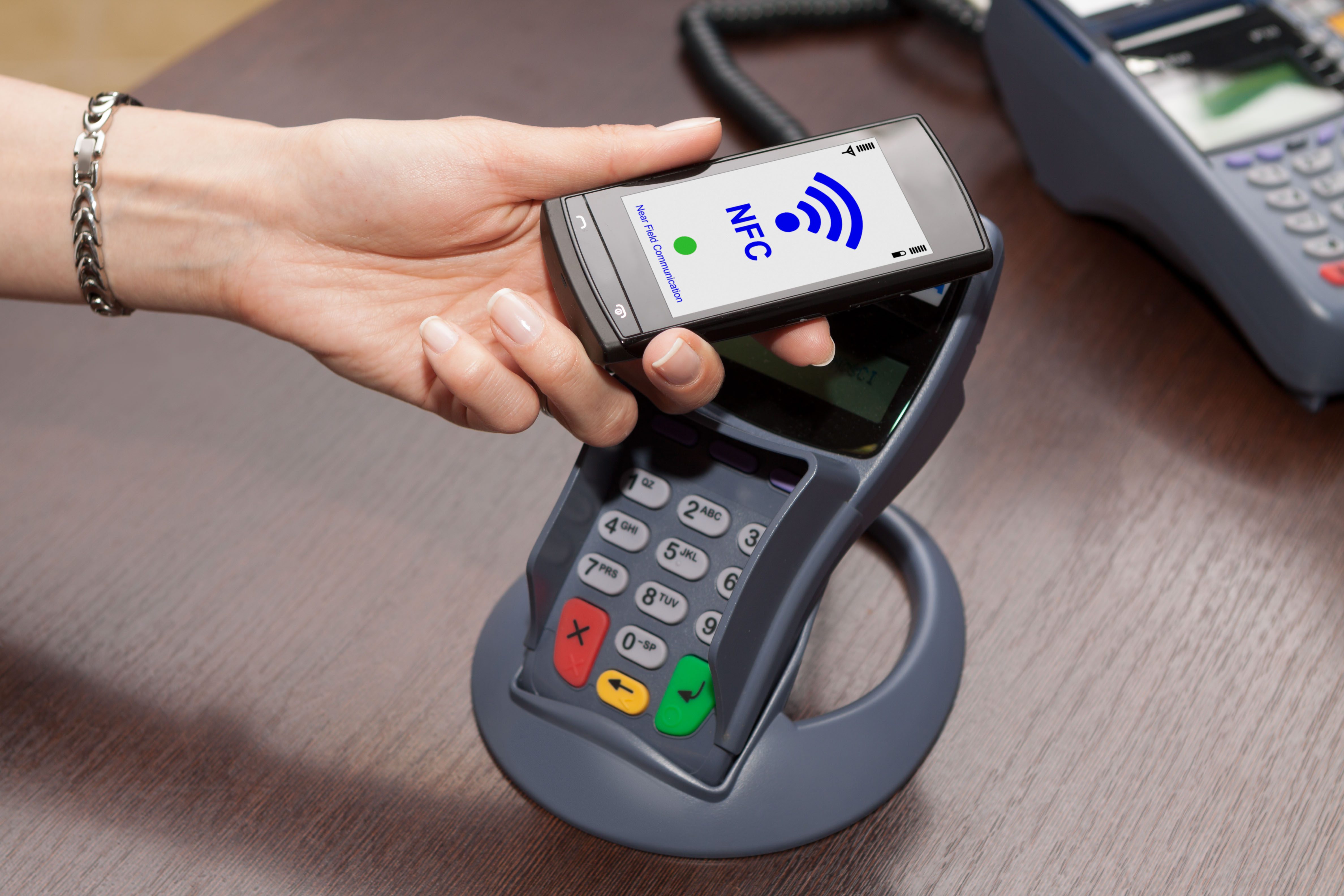The recent revelation that Facebook had established (inDecember, 2010) a Florida-registered subsidiary called FacebookPayments has inspired a flurry of anxious comments online. Manyconcern the possibility that the supposedly unstoppable Facebook isabout to engulf the ecommerce market, by enabling credits forecommerce and consumer-to-consumer payments (see, for example:
Are Facebook Credits a “virtual currency”? What the heck is a”virtual” currency, anyway? In actuality, a Facebook Credit is morelike an option; Facebook has sold its users an option to buysomething else available on its site, at a later date, withoutspecifying either the exact item or its price. Holders of FacebookCredits cannot transfer these options to other users, and theycannot exchange them for any real currency, nor return them forrefunds.
Facebook’s total control is evidenced by its closing in August lastyear of the Facebook Gift Shop; holders of Credits who had boughtthem with the intention of bestowing virtual bouquets ande-birthday greetings suddenly no longer had that choice. Yes,Facebook provided about three weeks notice, but some people failedto note the warnings, and were left holding the Credits.
Most of the holders of Credits today are those using them topurchase virtual items in online games hosted on Facebook. Whetherthey hunger after corn fields in FarmVille or doggy accoutrementsin PetVille, game players pay small amounts of Credits to acquireimaginary (i.e., digital) assets. To further its control, effectivesummer of 2011, Facebook will have locked down the game vendorsthemselves, requiring all to accept only Credits in their gameshosted on Facebook. Facebook had to take this step to protect itsmargins; it collects 30 cents of every dollar paid for Credits. Inother words, users paying $5.00 for credits only get $3.50 worth ofvalue. But what is the real value of a digital cornfield?
The game vendors don’t mind the Facebook commission; they areselling virtual goods, wholly digital goods, which can bereplicated an almost infinite number of times at nearly no marginalcost. Furthermore, they change the selection of goods frequently tonot only keep the games “fresh,” but also to enable flexibility inpricing. If the old version of a virtual knitted doggy sweater cost50 cents, the new one has sparkles and costs 75 cents. Voila! Aftera bit of development cost is amortized, the game vendor has morethan recouped the 30% margin now claimed by Facebook for theCredits, and its revenue is unimpaired.
Now I hope it is clear why the Credits model will NOT translatesuccessfully into the ecommerce world of retailing real goods.Facebook can force the game vendors to stop selling comparableitems priced in dollars and/or other real world currencies, so thatcustomers cannot see the margins being paid. However, they cannotforce major retailers to stop selling physical goods in physicalstores for physical, “real” currency, and retailers are not likelyto absorb the 30% margin to maintain consistent online/offlinepricing. It goes without saying that I don’t believe any rationalconsumer would willingly pay an extra markup of 42% of cost for thesimple pleasure of buying something via Facebook.
In the current incarnation of Credits, ecommerce retailers of realgoods have nothing to fear from Facebook Credits. On the otherhand, there is a growing online market for digital goods such assoftware, phone apps, digital music, game playing, newspaper andmagazine content, and more. These goods do have the same attributesof cost structure (infinite copies at next-to-no incremental cost)that characterize the digital cornfields, and as a result, could bemore vulnerable to payment intermediation via FacebookCredits.
Facebook Payments may well be, for now, just what Facebook says itis: “a subsidiary…. that helps handle payments to developersrelated to our Facebook Credits program.” Facebook Credits, despitetheir financial sounding name, are just tokens representingundefined, unpriced future opportunities for prospective buyers ofgame goods. Currencies, in order to be effective repositories ofvalue, must offer the ability to transfer that value in a nearlyfrictionless way. Payment cards (credit, debit, and prepaid)accomplish that transfer with interchange fees in the range oftwo-three % of the transaction value. How far can you go with a”virtual currency” that extracts 30%? I am not arguing thatFacebook will never make a play in the payments marketplace, sincethey would bring some unusual strengths to the table, but panic ispremature, since Facebook Credits are not that threat.
Click here for a related











